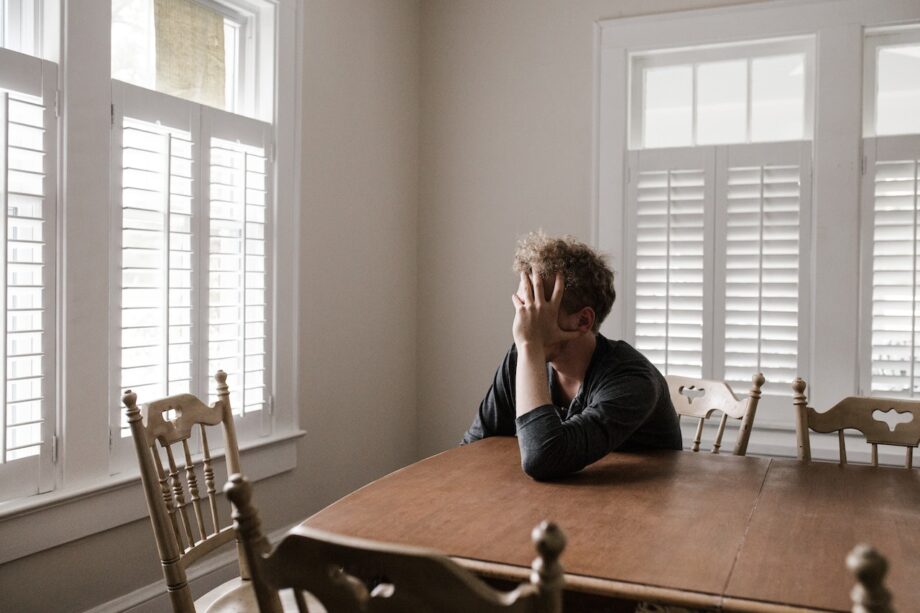
Low self-esteem can have devastating repercussions for individuals in many ways, leading to unhealthy or unfulfilling relationships and stopping people from reaching their goals. Furthermore, it has the potential to result in mental health conditions like anxiety and depression.
Take care to be kind to yourself: exercise, eat healthy foods and rest well. Avoid negative self-talk and surround yourself with positive people.
Self-esteem is your opinion of yourself
People with healthy self-esteem believe they can meet their needs and feel secure about making decisions, can express themselves freely and build trustworthy relationships. While such people may seem resilient against stress and anxiety, they still may suffer from stress-related illness like anxiety, depression or panic disorder.
Low self-esteem can lead to negative thinking that is founded in false ideas. A person with low self-esteem might focus on their weaknesses instead of seeing all of the positive aspects that make up who they are as an individual. They may also become more sensitive to criticism from outside sources or from within themselves – this only reinforces negative beliefs further.
People with low self-esteem can be afraid of disappointing others, which can create problems in their personal and professional lives. Furthermore, those suffering from low self-esteem may engage in behaviors such as drug use or suicide that harm themselves – while genes and life experiences play a part, it is possible to overcome low self-esteem at any age.
It’s a basic human need
Many people suffer from low self-esteem, but it’s important to remember that negative self-talk can be altered. One effective strategy for doing this is focusing on your positive traits rather than dwelling on negative ones; meditation and affirmations techniques may also help relieve tension while making you more at peace with yourself. If this doesn’t help enough, seeking professional assistance could also be useful;
People with low self-esteem often take an all-or-nothing view of life and have difficulty making decisions. Additionally, they avoid challenging or difficult situations out of fear that others will negatively judge them; this may lead to depression, anxiety and unhealthy habits such as smoking or excessive alcohol intake.
Sustaining healthy self-esteem is essential to living an enjoyable and meaningful life. There are various steps you can take to boost it, such as eliminating toxic people from your life and practicing mindfulness meditation. You should also start taking care of yourself by eating well and exercising regularly.
It’s a mental health condition
People with low self-esteem tend to believe they have little worth, often as the result of negative experiences in childhood and adolescence, leading them down the path toward anxiety, depression, eating disorders and addictions.
Individuals with low self-esteem tend to engage in poor relationships, have reduced job satisfaction and are pessimistic about the future. Such individuals may avoid social situations and try new experiences; although avoidance might appear protective at first, over time it reinforces self-doubt and becomes an unhealthy way of coping.
Individuals suffering from low self-esteem must learn that other people don’t always put forth their best efforts and instead should prioritize their own wellbeing. Working with a mental health professional in a therapeutic setting to identify the sources of their low self-esteem and start healing is ideal; an therapist can assist in changing thoughts and beliefs to foster more confidence over time.
It’s treatable
Low self-esteem can be effectively addressed using various therapies and medications; such as talk-based therapy, mindfulness meditation and positive affirmations. Sometimes antidepressant or anxiety medications may also be prescribed.
Trauma is one of the leading causes of low self-esteem. This includes sexual abuse or emotional trauma; survivors may not even remember exactly what was so traumatic; yet still experience its aftermath.
People with low self-esteem often lack positive experiences and support in their lives, failing to receive warmth, affection, praise or love from loved ones; their parents might disapprove of their work or they may lack close friends.
People struggling with substance use disorder can quickly fall into destructive cycles of behaviors, like avoiding new situations and restricting social activities. Furthermore, they may develop poor eating habits as a coping mechanism or use drugs or alcohol to manage their problems, thus deterring treatment from being sought out.

